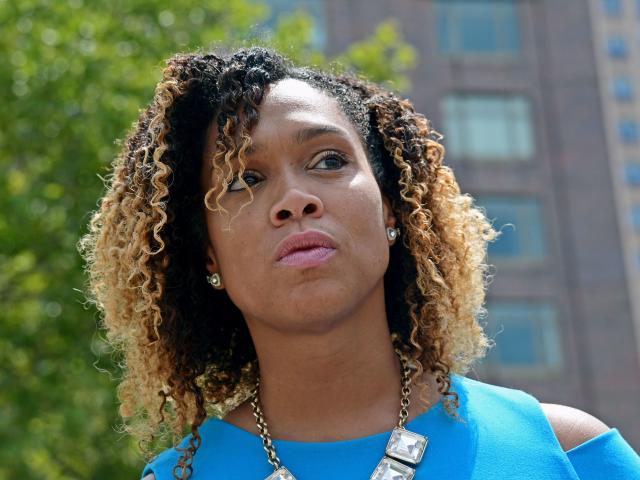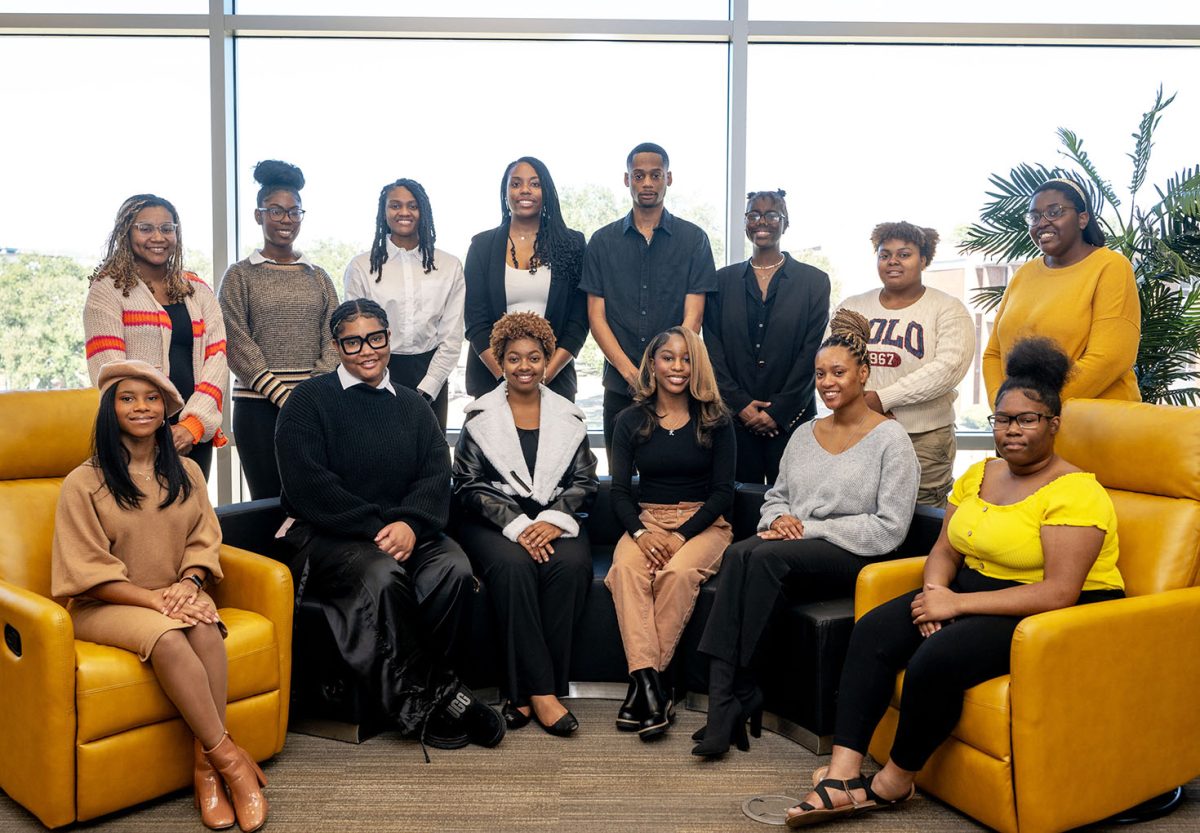Caitlin Clark has not only dominated the basketball court but has also become a beacon of hope for women’s basketball, shattering records and breaking barriers along the way. At just 22 years old, this Des Moines native has captivated audiences with her skill, determination, and undeniable talent. Yet, despite her remarkable achievements, the media’s portrayal of her often misses the mark, focusing on trivial rivalries and racial biases rather than acknowledging her monumental impact on the sport.
Clark’s journey to greatness is a testament to her unwavering dedication. From her standout collegiate career to being the first overall pick in the WNBA Draft, she has consistently proven herself as a force to be reckoned with. Breaking records previously held by basketball legends like Diana Taurasi and Pete Maravich, Clark has cemented her place in history as one of the greatest to ever grace the court.
However, her success has not come without its challenges. The media’s fixation on trivial rivalries, such as the supposed “beef” between Clark and Angel Reese, only serves to undermine her achievements. While men’s basketball players are often celebrated for their competitiveness, women are unfairly criticized for the same behavior. Clark and Reese may have clashed on the court, but off the court, they are friends united by their love for the game. This is just one of the many biases between women and men sports.
Moreover, racial biases have also clouded the narrative surrounding Clark’s success. Despite Iowa’s loss in the NCAA Championship, the team continued to receive attention. They were even invited to the White House and had an appearance on Saturday Night Live (SNL). Some believe it’s because of their predominantly white roster. I believe that it’s more of a business move. At this point in time, we are all aware of how white people receive more opportunities even when not earned. But race does not take away the fact that women’s college basketball has never been viewed at this capacity. The South Carolina women’s team has gone undefeated ten times, and the viewership numbers still weren’t as high as when they played Iowa. Part of the increase in viewership is because of Clark, and that’s something that race can’t take away from her.
For decades, women’s sports have been overshadowed by their male counterparts, facing gender inequality and a lack of investment. Since Title IX was passed in 1972, male athletes have received the most media coverage and financial backing. While women still have to fight for recognition and fair compensation. Despite calls for change from players and fans, progress has been slow. With the recent approval of the name, image, and likeness (NIL) policy by the NCAA, athletes like Caitlin Clark have been empowered to capitalize on their talents and attract lucrative deals. These NIL agreements not only provide athletes with a means to monetize themselves but also serve to increase visibility for women’s sports. This could potentially drive up attendance and salaries in professional leagues for women. As more people recognize the value of women and women’s sports, the tide may finally turn, paving the way for equal pay and opportunities in the athletic arena. Having players like Clark, the playing field can be leveled and women athletes can receive the recognition and compensation they rightfully deserve.
Amidst these challenges, Clark’s talent shines brightly, drawing in record-breaking viewership and endorsement deals. Her ascent to stardom has revitalized women’s basketball, bringing in new fans and investment opportunities. With her at the forefront, the sport has experienced growth and culminated in historic viewership numbers.
In the end, Caitlin Clark’s legacy transcends the court. She is more than just a basketball player; she is a trailblazer, a role model, and a symbol of hope for future generations of female athletes. As she continues to defy expectations and break barriers, we should celebrate her achievements and recognize the transformative power of her impact on women’s basketball.

















